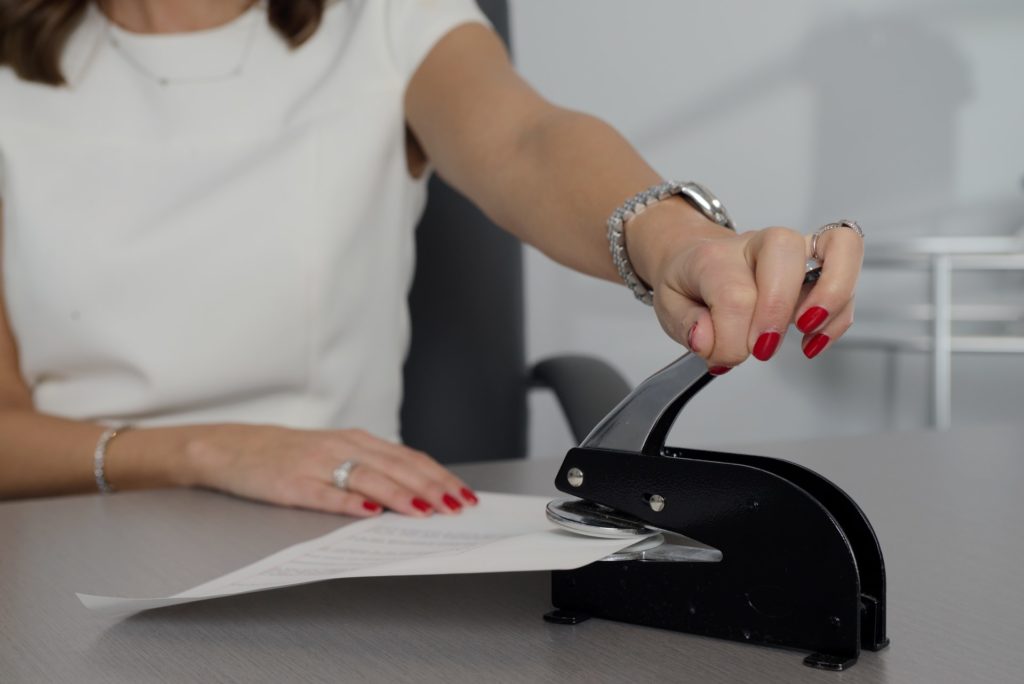Notary costs for home buyers need to be cut by 10%, according to justice minister Vincent Van Quickenborne (Open VLD).
The minister was responding to a report by the Prices Observatory of the finance ministry published this week, which argued that the system of notary prices is “outdated”.
The profession of notary in Belgium is still regulated by a law passed under the French Revolution, which states that a notary is a public functionary. And while the profession has a monopoly on a number of tasks, their remuneration is fixed by law.
That makes the profession highly attractive from a commercial point of view, but becoming a notary is not easy.
After five years of studying law at university, a further year is required to gain a masters in the notarial profession, followed by a three-year internship and a final exam – to become a candidate notary. Thereafter the successful candidate can only practice as a notary proper by forming an association with an existing notary, or by taking over – usually at considerable cost – a vacant practice.
The result is a profession that is virtually closed to outsiders, with new notaries being most often relatives of notaries or offspring of the friends of fellow notaries.
The Observatory took the example of one of the most common tasks of a notary – the process of buying and selling a residential property – and compared notary costs in Belgium with those in other European countries. That showed that Belgian notaries are relatively expensive. However the gap narrows the more expensive the property concerned.
Comparing the average cost of a house in the different countries, notary fees amount to 2.2% of the price in Belgium, the Observatory found.
That is below the level of Italy (2.55%), but above the percentage of all other countries: 1.63% for France, 1.32% for Austria, 1.04% for Malta, 0.96% for Germany, 0.50% for Poland and 0.27% for Spain.
The Belgian system of payments is outdated in that it is governed by a law of 1950, and the last update took place in 1980.
“The fees no longer correspond to the underlying costs because computerisation, administrative simplification and dematerialisation of exchanges have enabled notaries to increase their productivity,” the report says.
The delay of 40 years in updating the tariffs was described by Van Quickenborne as ‘surreal’. And he intends to sit down with the parties involved to seek a solution.
“The intention is to evaluate the rates, to make a comparison with the neighbouring countries, both in terms of content and costs, and thus arrive at an adjusted rate,” he said.
“Those costs must be flat-rate and at least 10 percent cheaper than the current rates, he said.
Alan Hope
The Brussels Times

